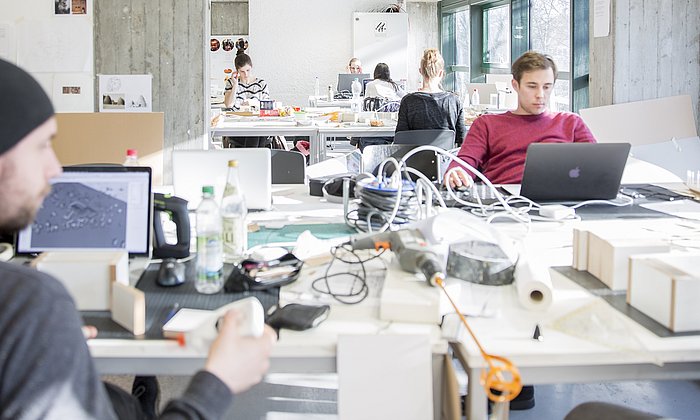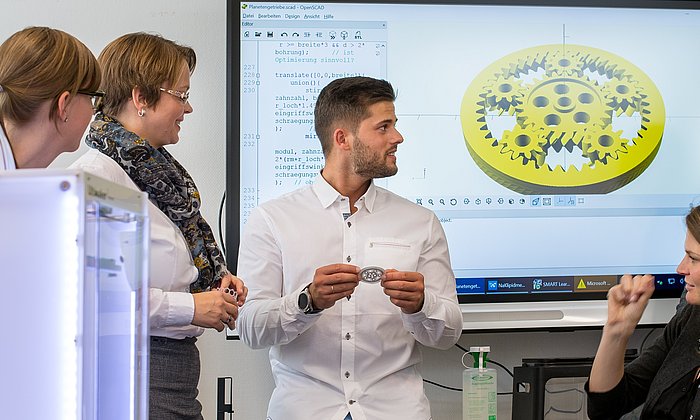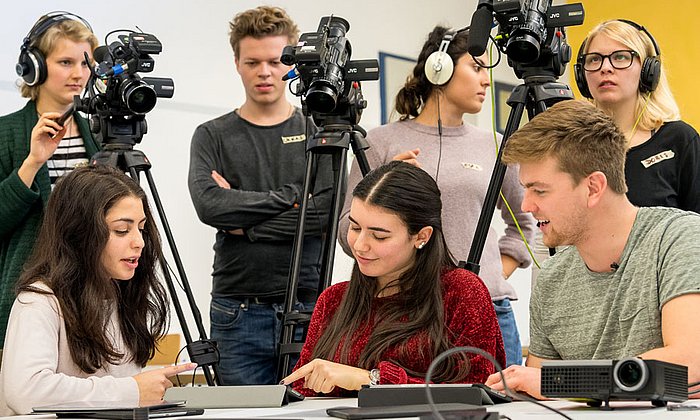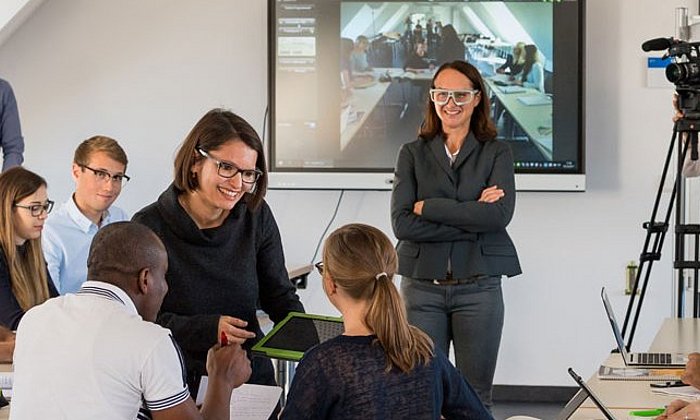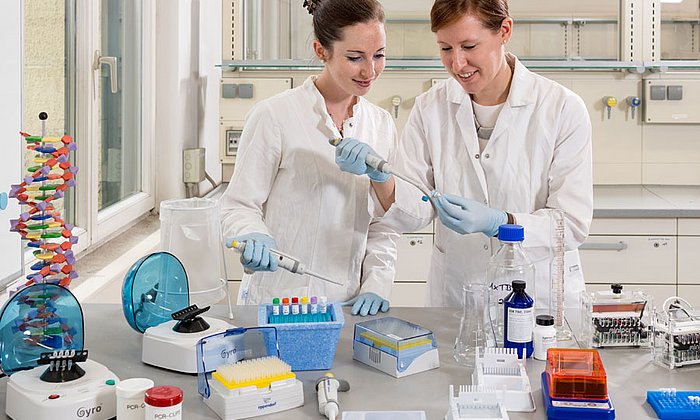New continuing education program for teacher training
Clearing House Unterricht Academy launched
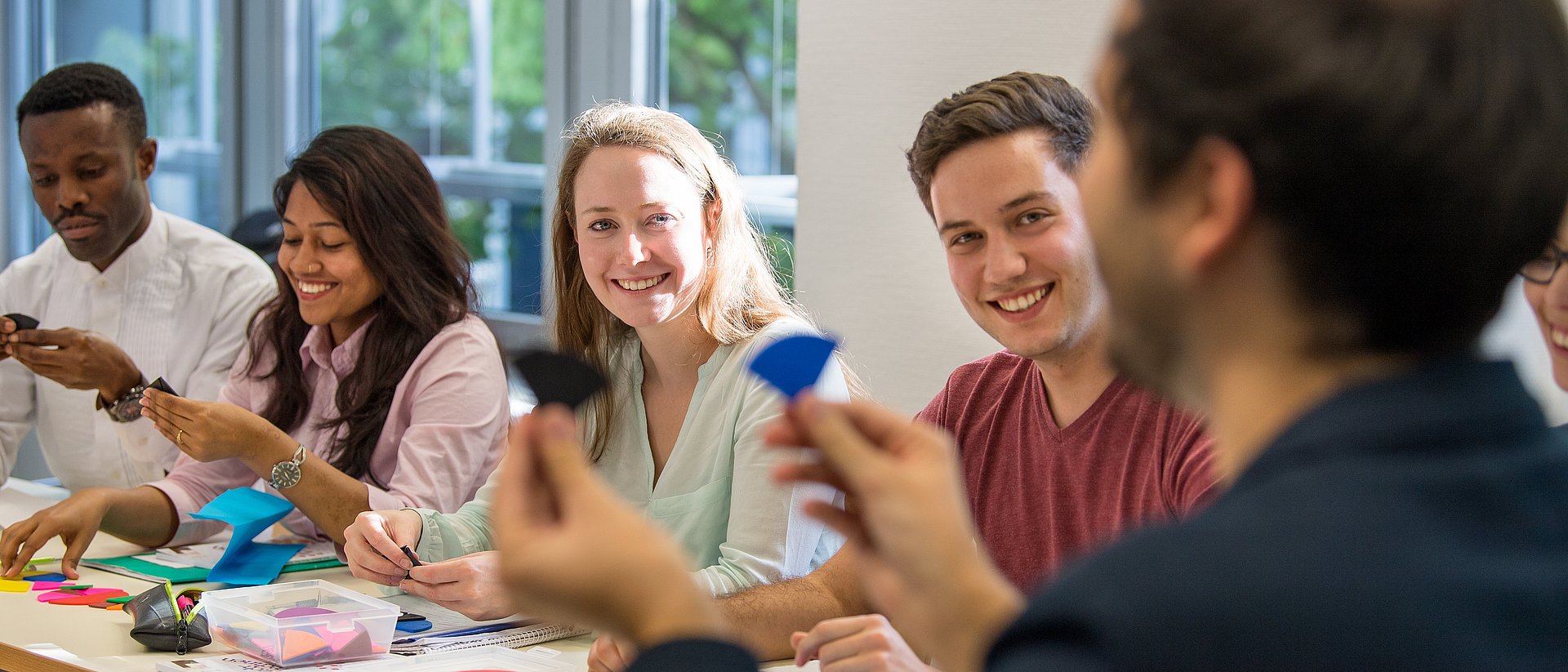
How does a scientific study work? What does effect size actually mean? What is a meta-analysis? And how can research outcomes about classroom teaching be put into practice?
The new Clearing House Unterricht Academy (CHU Academy) at TUM will answer these and many other questions about educational research. The curriculum is intended for everyone training (future) teachers through study seminars, continuing education institutions and universities as well as those working as teachers.
“Educational research is constantly delivering fresh insights into good teaching – such as the optimal utilization of digital media or the instruction strategies that produce the best results. But in the everyday work of instructors responsible for training the teachers of the future, it is not always easy to assess the value of these studies and incorporate the conclusions into their own work,” says Tina Seidel, who holds the TUM Chair in Educational Psychology and heads the academy project. “With the CHU Academy we want to enable instructors and teachers to deal confidently with research results so that they can develop evidence-based curriculum and lessons.”
Basic course with wide-ranging formats
The CHU Academy started with a basic course. It helps participants develop a better understanding for how empirical research works, how evidence is produced and the potential offered by the use of research in their profession.
Participants can start the free self-learning course (in German) online at any time. It consists of short modules in a wide range of formats, including screencasts, interactive tasks, texts and interviews. A continuing education certificate is available on request.
The materials have an open educational resources license and can therefore be used free of charge in other continuing education programs.
Specialized modules on classroom practice
Over the coming months, specialized learning modules will be added to the platform. They will present the state of research on practical classroom topics, for example research-based learning and the use of digital media. They will also show how instructors can use these topics to illustrate the concept of evidence-based teaching to future teachers.
TUM has been providing understandable summaries of meta-analysis on practical aspects of teaching on the Clearing House Unterricht website for five years. The platform is modeled on similar clearing houses in the field of medical sciences. “We untangle the jungle of countless scientific studies and provide an overview of widely accepted results,” says Tina Seidel. “By doing this, we want to ensure that children and adolescents receive instruction based not only on the teacher’s gut feeling, but also on methods proven to deliver success.”
Clearing House Unterricht is funded by the German quality campaign for teacher training (“Qualitätsoffensive Lehrerbildung”). TUM successfully applied for funding under this program backed by the German federal and state governments in 2015, 2018 and 2020. Other projects receiving funding under the campaign include:
- The Toolbox Lehrerbildung offers multimedia materials for teacher training in MINT subjects.
- The digIT4.0@TUM competency center develops and tests teacher training concepts for vocational schools in conjunction with companies, chambers of trade, associations, school sector institutions and other universities.
- The Master's program Berufliche Bildung Integriert is intended for those changing careers from engineering disciplines and thus aims to address the scarcity of young teaching staff at vocational schools. A unique aspect of this degree is the combination of university studies and the teacher training phase in a single program.
Technical University of Munich
Corporate Communications Center
- Klaus Becker
- klaus.becker@tum.de
- presse@tum.de
- Teamwebsite
Contacts to this article:
Prof. Dr. Tina Seidel
Technische Universität München (TUM)
Friedl Schöller Endowed Chair for Educational Psychology
Tel: +49 89 289 25114
tina.seidel@tum.de
